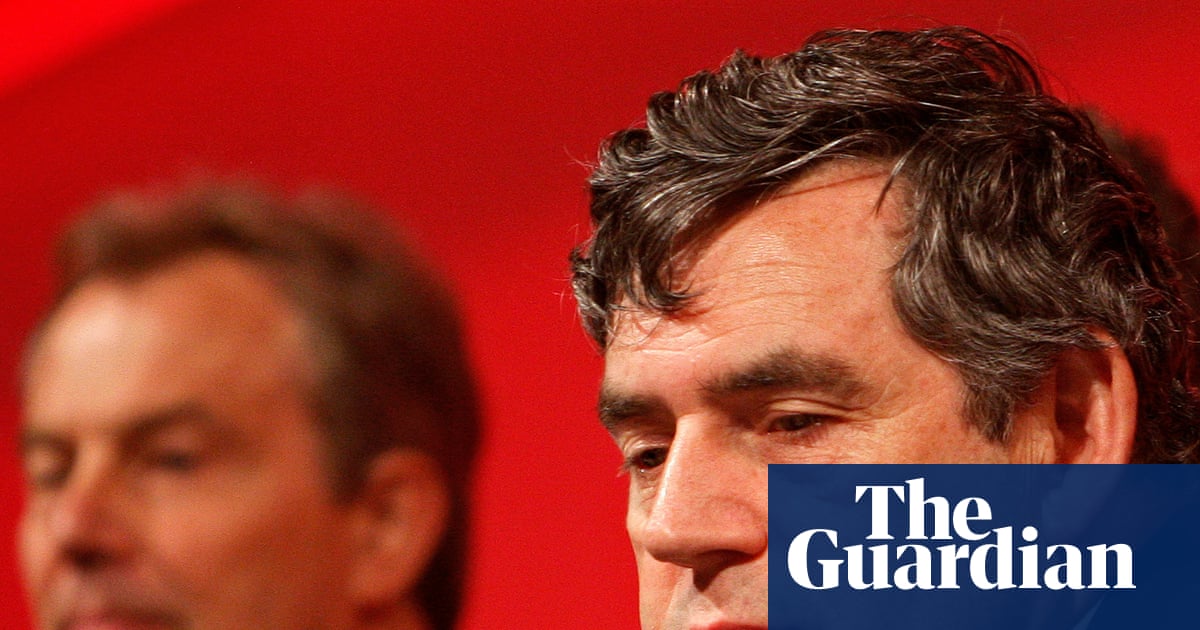The UK government will go “all in” on clean energy and climate policy, the energy secretary has said, as he unveiled plans to put the UK back on track to reach its net zero commitments.
In the face of intensifying attacks on climate policy from the poll-leading Reform party, and the Conservatives, the government insists that pushing for renewable energy and lower carbon emissions will reduce household bills and boost the UK’s economy.
Ed Miliband, the secretary of state for energy security and net zero, told the Guardian: “This Labour government is all in on action to tackle the climate crisis because it is the way to secure better lives for people in Britain today and protect future generations tomorrow.
“This plan sets out the ambitious actions we have taken in our first 15 months – unleashing investment, creating jobs, rebuilding our energy security. Meanwhile, our political opponents have embarked down an anti-jobs, anti-science path that would spell disaster for our economy, our security and our planet.
“Future generations will look back and judge us all on whether we took action to protect our planet and our way of life. This government is proud to be judged on this metric – and at Cop30 next week we will show that we are willing in both word and deed to fight for our planet.”
The prime minister, Keir Starmer, has backed the blueprint, called the “carbon budget delivery plan”, published on Wednesday afternoon, by which the government has reaffirmed its commitment to decarbonise the UK’s electricity supply by 2030, and reduce greenhouse gas emissions drastically by 2037.
Renters will be allowed to demand that their landlords give them access to electric vehicle charging, in a redrawing of current rules. Industry will gain discounts to help reduce its energy costs.
Heat pumps will be targeted as the low-carbon heating option that the vast majority of the country will have to move to, but the government has refused to rule out entirely hydrogen for home heating, despite expert evidence that it would be expensive and unviable.
No firm price tag will be attached to the plan, but the government calculates it will not add to already high energy bills. The manifesto commitment to reduce energy bills by £300 still stands.
Although the government would not confirm this, some observers believe that Rachel Reeves, the chancellor of the exchequer, may move to remove or reduce VAT on energy bills in the November budget.
Recommitting to climate action is a calculated political gamble. Reform has made scrapping net zero and climate policy, and pushing for an increase in fossil fuel use, a centrepiece of its policy offering. Kemi Badenoch, the Conservative leader, has also vowed to repeal the Climate Change Act and push for more gas.
Some within the Labour party want Starmer to follow suit by abandoning the pledge to decarbonise electricity and allow for more fossil fuel use. Former Labour leader Tony Blair’s thinkthank has pushed for such a U-turn several times this year.
But others within government argue that backing down on climate policy will only alienate core voters, while depriving the UK of the opportunities of low-carbon economic growth. The CBI found that the green economy was growing three times faster than the rest of the economy, and many key businesses have expressed their backing for net zero.
after newsletter promotion
Most of the “carbon budget delivery plan” unveiled on Wednesday was not new policy but restatements of existing measures. Publishing the plan was a legal requirement, placed on the government by the high court last year after a legal challenge by charities including Friends of the Earth and ClientEarth.
The court ordered the Conservative government at the time, which was accused of falling behind on its statutory obligation to cut carbon to net zero by 2050, to publish a clear plan on how to meet the UK’s five-yearly carbon budgets, set out by the Climate Change Committee.
Kyle Lischak, the head of UK at ClientEarth, said: “Security and prosperity will only endure when policy aligns with nature, not against it. We’re proud that the legacy of our work on this climate plan is one of holding Westminster to its word. This new plan exists because people and organisations stood up for the rule of law and demanded honesty about how the UK intends to meet its climate commitments; the law enables the courts and the public to ensure promises are backed by credible action.”

 2 months ago
67
2 months ago
67

















































